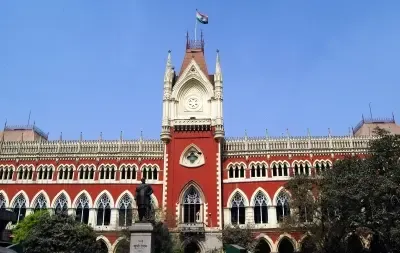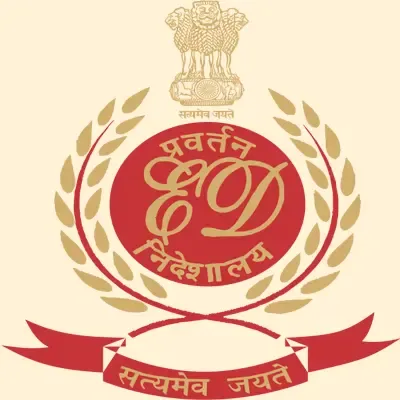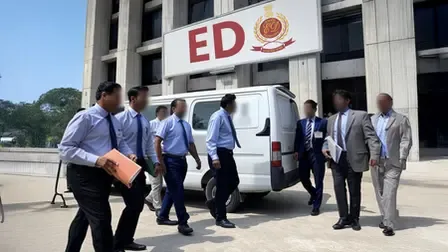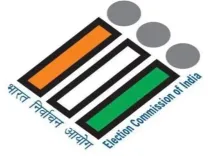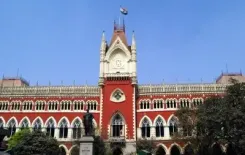How Did Cong's Manish Tewari Respond to US Tariff Threat?
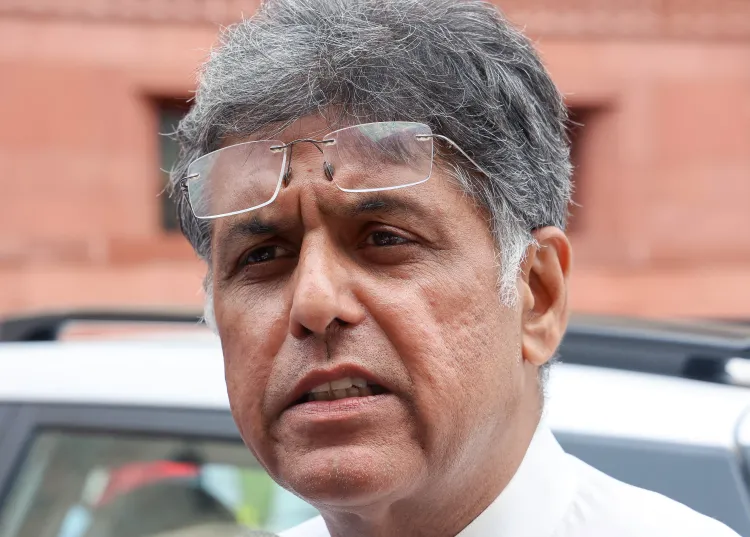
Synopsis
Key Takeaways
- Manish Tewari emphasizes India's resilience against external pressures.
- Historical context plays a significant role in Tewari's response.
- Tariffs may affect broader Indo-US relations, but not India's strategic autonomy.
- Tewari links India's foreign policy to its historical legacy.
- This issue reignites debates on Indo-US trade ties.
New Delhi, Aug 4 (NationPress) Manish Tewari, a Congress MP representing Chandigarh and a former Union Minister for Information and Broadcasting, delivered a strong counter to US President Donald Trump’s recent announcement regarding a 25% tariff increase on Indian imports. Tewari described the tariff escalation as an ill-conceived strategy aimed at pressuring India concerning its energy and defense relationships with Russia.
Tewari emphasized that this tariff hike would not compromise India’s strategic autonomy.
In a social media post, he referenced a historic event, stating: “Your nation dispatched the Seventh Fleet into the Bay of Bengal in 1971 to prevent us from reshaping the political landscape of South Asia. We stood firm then, and we possess the resilience to overcome your tariff threats now.”
In response to the tariff increase, Trump accused India of profiting from Russian oil while disregarding the humanitarian crises stemming from the war in Ukraine. He wrote on Truth Social, “India is not only acquiring substantial amounts of Russian oil, but they are also selling it on the global market for significant gains. They seem indifferent to the casualties in Ukraine caused by the Russian War Machine.”
Trump announced that the tariffs would take effect starting August 1, alongside an unspecified penalty.
On July 30, Tewari had remarked: “Will Trump’s tariff threat alter the strategic autonomy we have cultivated over decades across various administrations? Not at all.”
He pointed out that while these tariffs might strain the broader Indo-US relationship, they would not impede India’s inherent ability to navigate its own path in international affairs.
Tewari further elaborated on India’s foreign policy trajectory, linking it from Jawaharlal Nehru’s non-alignment to Indira Gandhi’s self-reliance, now reflected in Prime Minister Modi’s Atmanirbhar Bharat initiative.
“Trump has perhaps inadvertently paid the greatest homage to Indian strategic distinctiveness,” Tewari commented.
While the Congress party generally criticized the handling of US relations under PM Modi’s leadership, Tewari’s perspective underscored India’s persistent capability to engage with global powers on its own terms.
This incident has reignited discussions regarding the future of Indo-US trade relations and the resilience of India’s diplomatic stance amidst changing geopolitical dynamics.



